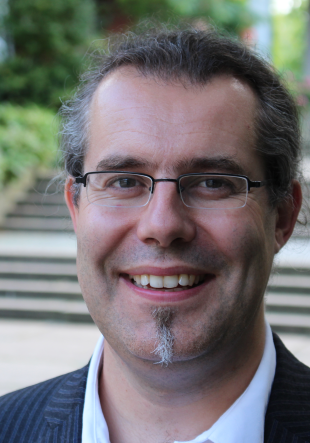Historical learning and contemporary witnesses
Overview
The role of contemporary witnesses has been assessed ambivalently in the didactics of history research: on the one hand, their personal connection to the past is perceived as motivating and authentic. Recommendations issued by the Standing Conference of the Ministers of Education (KMK) and curriculum guidelines emphasize the potential of eyewitness encounters (cf. Henke-Bockschatz 2014), and empirical studies such as Bartelds et al. (2022) show that the use of eyewitnesses can particularly foster students’ capacity for empathy. On the other hand, research e.g. by Christiane Bertram (2017) highlight that, although this personal interaction is perceived by students as motivating, learning outcomes—especially in relation to epistemological concepts such as the perspectival nature of contemporary witness testimony—show clear deficits compared to students who engaged in other forms of learning, such as working with texts or video material. Moreover, almost all studies exhibit a conceptual limitation since they focus on a single contemporary witness, which often leads to a certain overwhelming emotional impact on learners. The monoperspectival nature of these encounters is also a consequence of the normative weight of the historical topics typically addressed—especially those related to National Socialism, the Shoah, and the GDR. Perpetrators, for example, connot occupy the same moral—and, in terms of the Beutelsbach Consensus, democratically formative—status as members of victimized groups. This monoperspectivity stands in direct tension with the didactic principle of multiperspectivity, which is a central goal of historical learning (cf. Lücke 2012; Meyer-Hamme 2012).
This dissertation project addresses precisely this issue: it examines how historical learning changes when students interact with two contrasting contemporary witnesses and whether this leads to a critically reflective engagement with narratives and historical concepts. To this end, a research project is developed that focuses on a largely unexplored local historical topic: German-Dutch coexistence in Westphalian garrison towns during NATO troop deployments from approximately 1965 to 1995. The choice of topic promises, on the one hand, a lower degree of normative emotional loading than topics such as National Socialism or the history of the GDR, and, on the other hand, high relevance for social history and contemporary learning processes, for instance regarding migration from a historical perspective. Students in an upper secondary history course will meet two contemporary witnesses offering contrasting perspectives—such as a former Dutch soldier and a German resident who experienced local life during the deployment period.
The project proceeds as follows: After an introductory unit in history lessons, the students develop interview questions, conduct the two eyewitness interviews one after the other, and subsequently reflect on them. Data collection initially takes place through written learning products: in a first essay, students formulate a historical judgment regarding whether German-Dutch coexistence did work out. After the interviews, they receive their essays back with the task of revising them based on the newly acquired knowledge and explaining the reasons for any changes. They are then asked to write a structured argument assessing the pedagogical value of eyewitness projects in school, for instance by engaging with a dilemma scenario. Individual students whose historical judgments or arguments show notable changes will subsequently be interviewed to reconstruct their learning processes in connection with the eyewitness encounters.
To identify developmental pathways of historical thinking, epistemological concepts, and narrative patterns, the analysis will focus particularly on historical argumentation—not only on content, but on the structure and linguistic logic of students’ reasoning. In this context, the study examines the extent to which Andreas Petrik’s adaptation of argumentation analysis for political education can be transferred to history education. The project draws on various applications of historical reasoning in the analysis of student texts (e.g., Mierwald 2020; Schrader 2021). The dissertation thus combines an empirically grounded investigation of historical learning with an innovative project design involving contrasting eyewitnesses. It provides new insights into the significance of perspectival plurality and the awareness of the narrative nature of history, and contributes to the further development of pedagogical work with eyewitnesses in history classrooms.
Key Facts
- Project type:
- Forschung
- Project duration:
- 08/2024 - 07/2028


